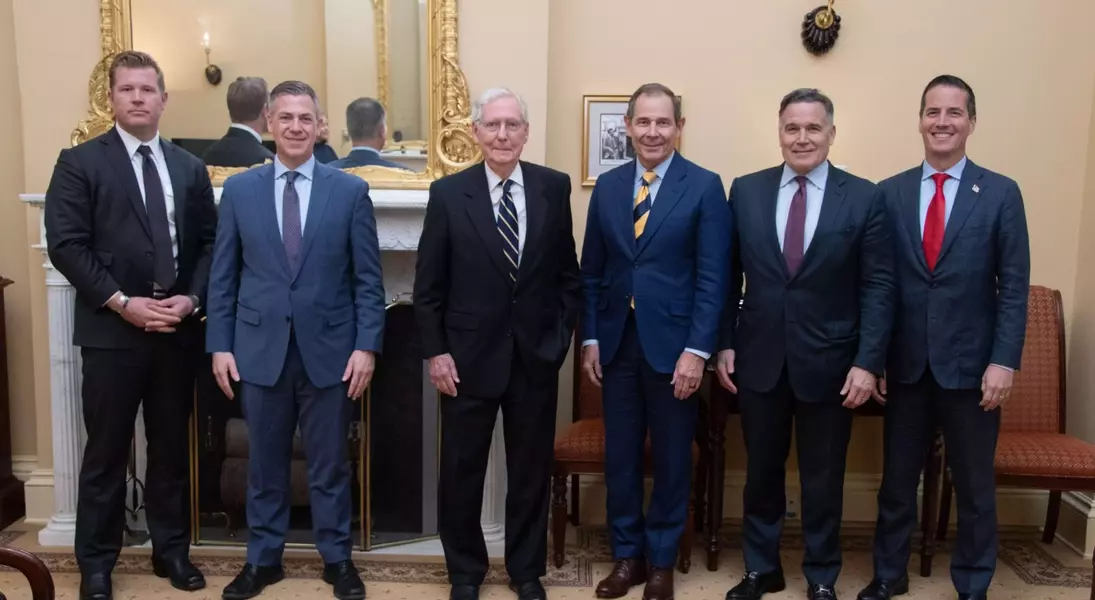




General Motors has canceled its program aimed at prolonging federal electric vehicle (EV) tax benefits, yielding to objections from Republican Senator Bernie Moreno. This scheme, conceived to offer lease credits to consumers through the close of 2025 after the official cessation of federal subsidies, was abandoned in response to the Senator's concerns. The decision by GM underscores the significant impact political influence can exert on corporate strategies, particularly in the rapidly evolving automotive sector. This development arrives as the broader market for EVs experiences shifts in consumer demand, with some buyers gravitating towards hybrid or traditional gasoline-powered vehicles, prompting several automakers to reassess their timelines for transitioning to all-electric fleets.
The program initiated by General Motors was designed as a workaround to the federal EV tax credit's suspension on September 30 by the Trump Administration. GM had planned to claim the tax credits on vehicles acquired from dealer inventories and then channel these funds into EV leases for customers, effectively extending the incentive through the end of 2025. This inventive approach would have allowed consumers to continue benefiting from significant savings on EV purchases or leases, thereby potentially mitigating the financial impact of the federal credit's termination and maintaining momentum in EV adoption.
However, Republican Senator Bernie Moreno intervened, expressing strong reservations about the program's continuation. In a report by Reuters, it was revealed that GM subsequently issued a statement confirming its decision to cease claiming the tax credits on eligible vehicles. Senator Moreno publicly voiced his satisfaction with GM's decision, emphasizing his commitment to protecting the domestic auto industry. This sequence of events highlights the delicate balance between corporate innovation, consumer incentives, and political oversight within the automotive landscape.
The abrupt termination of GM's program stands in contrast to actions taken by other manufacturers, notably Ford, which, as of recent reports, has maintained its own initiative to extend EV incentives. Ford's strategy involves making down payments on dealer vehicles to qualify for the credit before leasing them back to consumers at a reduced rate. This disparity in responses among major automakers underscores varying levels of susceptibility to political pressure and differing corporate philosophies regarding consumer support in a dynamic market.
Furthermore, the context of this decision includes broader trends in the EV market. Dealers had expressed concerns about potentially being left with unsold EV inventory as the federal credits expired, which had initially prompted GM to devise its extension program. While GM did offer a brief extension of incentive lease terms through October, the overarching shift in consumer preferences, with some buyers moving away from pure EVs towards hybrids or gasoline cars, coupled with several automakers delaying their full transition to electric lineups, suggests a more complex environment than initially anticipated for EV growth.
In essence, General Motors' decision to discontinue its EV tax credit extension program reflects a capitulation to political pressure, specifically from Senator Bernie Moreno. This action not only removes a significant financial incentive for potential EV buyers but also illustrates the challenges automakers face in navigating political landscapes while trying to stimulate electric vehicle adoption. The company's original plan aimed to soften the blow of the federal credit's expiration, yet it ultimately succumbed to external influence, prompting questions about the future of similar consumer-centric initiatives in the industry.
